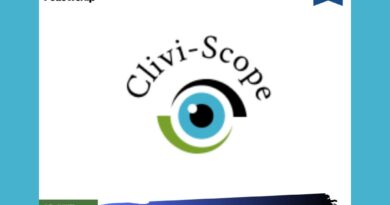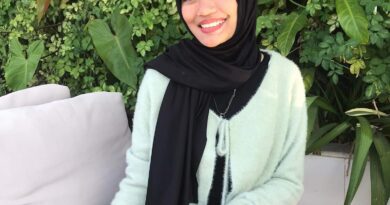The Millennium Fellows of 2021: Shirsho
For Farhin Ahmed (Senior, ENH), the need to work in social empowerment came inherently. He had grown up experiencing and witnessing how people are often polarised in society due to their differences. As a child, he had been diagnosed with ADHD; while this remains the primary reason behind the conception of Shirsho, a foundation that works in building better infrastructure for disadvantaged communities, the other reason why he has focused on assisting the transgender community is explicitly due to the severe ostracisation they face from birth. He had heard stories of people branding the birth of transgender infants as sacrilege, and this prompted a more profound desire in him to offer stepping stones for those who have hardly been given a chance at life.
The Millennium Fellowship program was an opportunity to elevate Farhin’s existing plan for social empowerment. Having worked in the start-up sector, he already had access to specific resources. But the leadership program offered him the precise knowledge required to develop and sustain social work effectively. Additionally, it allowed him to connect with a vast network of equally ambitious entrepreneurs. Yet, working in Shirsho itself was not devoid of challenges; the stigma of working with an ostracised society prevailed in how people perceived his organisation – reaching out to the community itself posed a plethora of provocations. Connecting with transgender people was also tricky, but through the help of particular beneficiaries, Farhin and his co-founder, Mehrab Mohsin Khan (Senior, CSE), were able to navigate through this ordeal.
While working with the transgender community, Farhin realised that the people here adopt superficial personalities to survive in a largely troubled world. But once he and his team began working with them in skill development workshops and business incubation programs, they were suddenly met with enthusiastic and driven individuals with unique dreams and backgrounds. Farhin recalls a transgender woman he had worked with who was disowned by her family at birth and had to work throughout her life to sustain herself. In having lost a family, Farhin says, she had gained another through Shirsho.
Farhin hopes to continue working in the social development sphere to aid other vulnerable communities and victims. He believes in Shirsho contributing to the alleviation of income inequality and an economically progressing Bangladesh, and the Millennium Fellowship program has afforded him just the right resources to ensure this.
However, Farhin remarks at the end, one does not have to be in a professional network to make impactful changes in others’ lives.




